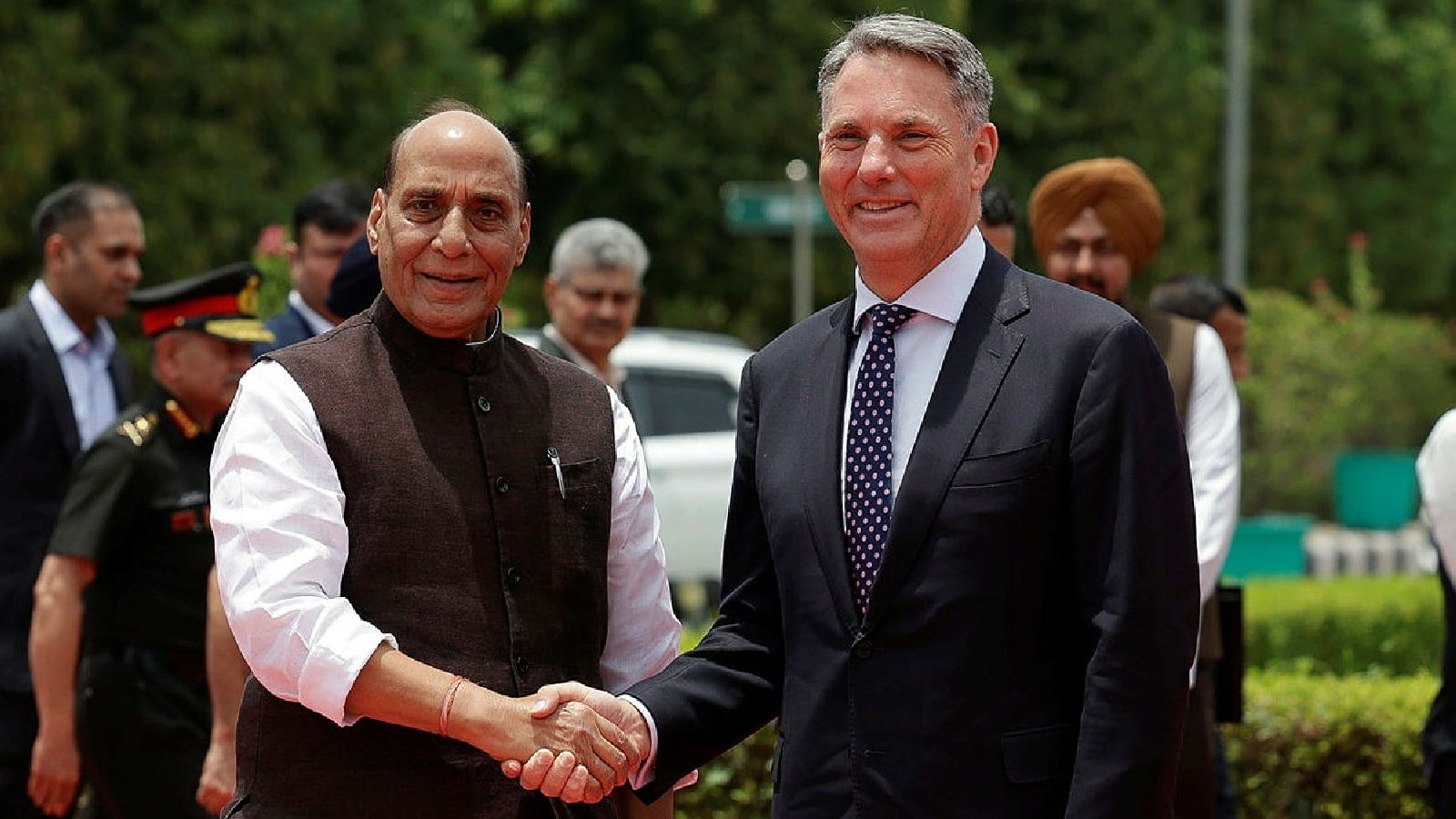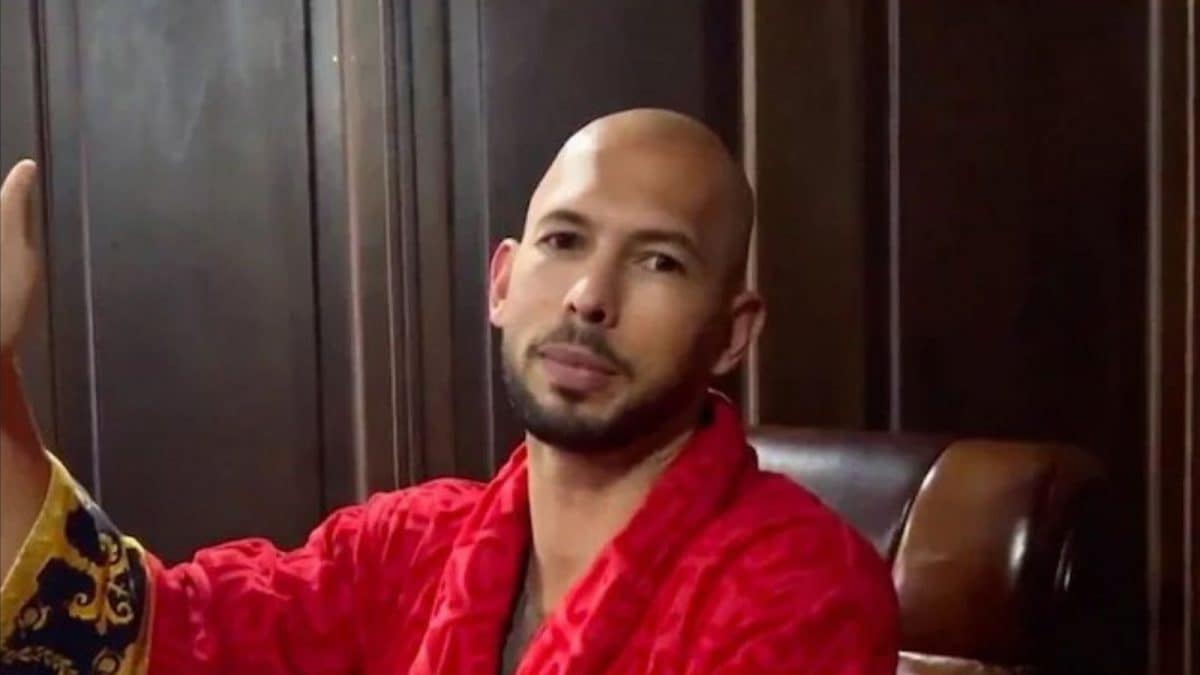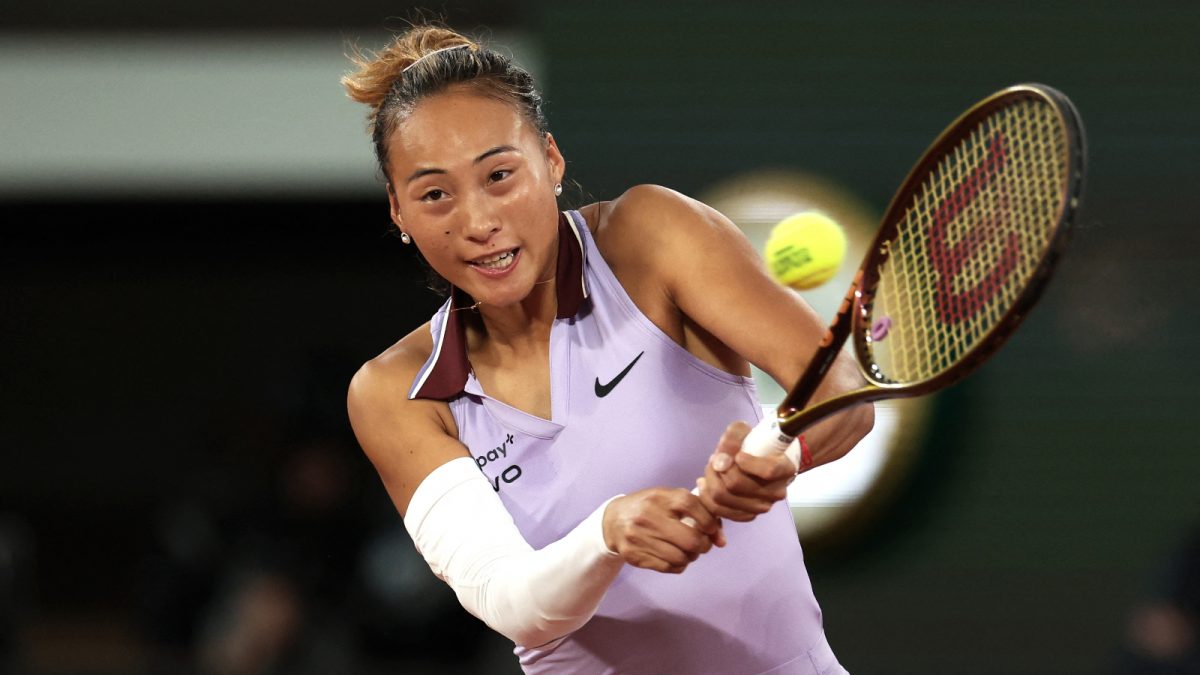ARTICLE AD BOX
While Ian Bremmer acknowledged Prime Minister Narendra Modi's international strength, he noted that geopolitically, India remains "much weaker" than the United States or China.

Bremmer also spoke in detail about US President Donald Trump's global engagement style, calling attention to how weaker countries tend to "take Trump more seriously and are scared of him".
In a wide-ranging interview with India Today Consulting Editor Rajdeep Sardesai, Ian Bremmer, President of the Eurasia Group and one of the world's foremost geopolitical analysts, described Ukraine's recent drone attacks on Russian air bases as "shocking" and potentially a turning point in the nearly four-year-long conflict.
Bremmer also spoke in detail about US President Donald Trump's global engagement style, calling attention to how weaker countries tend to "take Trump more seriously and are scared of him".
He cited examples of Mexico, Panama, and Iran, where countries quickly fell in line with Trump's demands. However, he argued that more powerful states like China and Russia have been less responsive, forcing Trump to divert his diplomatic attention elsewhere.
Discussing Ukraine's recent military strike, Bremmer pointed out that the Ukrainian operation-reportedly destroying up to 30 percent of Russia's strategic bomber fleet-poses a serious challenge to Russia's nuclear deterrence capability. He compared the attack to Israel's dismantling of Hezbollah's military infrastructure in 2006, calling it both an "opportunity" and an "exceptionally dangerous development."
Commenting on India's recent 87-hour military standoff with Pakistan, Bremmer said India currently finds itself in a more "uncomfortable" position. While he acknowledged Prime Minister Narendra Modi's international strength, he noted that geopolitically, India remains "much weaker" than the United States or China. He also described China as the "main military backer" of Pakistan, while emphasising that India and China share complex trade and diplomatic interests.
Below are key takeaways from Bremmer’s remarks on different themes during the interview:
ON RUSSIA-UKRAINE WAR
"It is a shocking development. And it's unclear if it's going to reduce or increase the risks around this three and a half year now war, bloody, expensive and impacting the world. Ukraine has not just shown that they can hit back across all of Russian territory, they can do serious damage to Russia's military capabilities to fight the war, but also they can undermine Russia's nuclear capabilities, their strategic deterrence capabilities, their second strike capabilities, the balance of power between Russia and the United States, Russia and NATO. Some of the strikes that we saw this weekend were at the Russian border with Mongolia... literally thousands of miles away from the Ukrainian front line. My biggest fear is that the Russians refuse to accept that they have fewer cards than they thought they have... and instead take this as a necessity to escalate against Ukraine."
"I suppose the most serious concern would be if the Russians decided that this was the reason to engage in a tactical nuclear strike. That would be the worst possible near-term scenario. I don't think it's likely, but it is certainly more likely than it was two days ago. This also plays to something that India and Pakistan... need to understand-that you don't need to be an economic superpower to be able to pose incredible damage to a much bigger country. It should tell us that war should be avoided at all costs."
"A big part of the reason that Putin has felt that he can continue this war... is that he doesn't value the lives of his own civilians and he hasn't felt like there have been serious consequences for him domestically by pursuing this war. Maybe if Russia keeps pursuing this war... Russia is not going to be a military superpower any more. The fact that the Russians are willing to persist with that discussion [in Istanbul], which the Americans, the Europeans, China, India-everyone wants... even just 24 hours after Russia's massive strategic defeat at the hands of Ukraine, is a reason to believe that this is an opportunity."
ON TRUMP'S DIPLOMATIC STRATEGY
"Trump has spent a lot more time and diplomatic effort and political capital in the past few weeks engaging in the Middle East, talking about perhaps a breakthrough deal with the Iranians but less time on Russia, Ukraine. If Trump is unwilling to spell out exactly what the threats would be against Russia then our basic expectation should be that Trump ends his diplomatic engagement on Russia-Ukraine and walks away."
ON TRUMP'S IMPACT ON GLOBAL POWER DYNAMICS
"There are countries that are scared of Trump, and they capitulate quickly when he makes demands. Look at Panama, how they immediately try to sell, force the sale of the Hong Kong firm of the ports to an American firm and say, we won't charge the Americans to ship through Panama military, we'll take away the fees, even though it hurts the Panamanians. Look at how the Iranians are in a much weaker diplomatic and geopolitical position, much more willing to accept talks and talk about stopping highly enriched uranium stockpiling, all of these things. Weaker countries take Trump much more seriously and are scared of him. More powerful countries. More powerful countries, I'll give you another example you didn't mention: Trump put major tariffs on China. China puts tariffs back on the United States. Trump says, 'We're going to hurt you.' China says, 'I don't need a phone call with you. We can take the pain more than you can.' And Trump is the one that blinks. And when it comes to Russia, so far Trump has been completely unwilling, unwilling to put tough sanctions on Russia, consequences. Russia has been unwilling to blink. They continue to engage in their war with impunity in Ukraine."
ON INDIA-PAKISTAN CEASEFIRE
"India said no to some of what the Americans demanded. The ceasefire has stuck. I think everyone's glad the ceasefire has stuck. India is in a more uncomfortable position there's still a lot of uncertainty about to what extent Indians can and will really stand up to Donald Trump. The ceasefire has stuck. I think everyone's glad the ceasefire has stuck. I think it's good for India, Pakistan, and the world. But my point is that I think that there is right now, look, Modi is arguably the most powerful domestic leader of a major democracy in the world today, over 10 years in place. He's able to make domestic and foreign policy pretty much at his will at a time when other leaders around the world: the Germans, the French, the Japanese, the Americans, the South Koreans."
ON PM NARENDRA MODI'S POSITION GLOBALLY
"PM Modi is arguably the most powerful domestic leader of a major democracy in the world today but India is not China, India is not the United States. It is geopolitically much weaker. And so, I think that there's still a lot of uncertainty about to what extent the Indians can and will really stand up to Donald Trump and Americans, if and when the Americans say, we're making some demands of you that you aren't going to like. Is India a strong country that can stand up to Trump or are they a weak country? I don't think we know that yet."
ON CHINA AS A THREAT TO INDIA
China is the military backer of Pakistan but China is also an incredibly important trade partner for India. India and China desire a relationship of stability with each other both want a stable world. And a lot of the goods that go to the rest of the world from China go through India and have value added in India. And India and China, as we've seen from the last face-to-face meeting that Modi and Xi Jinping have had, desire a relationship of stability with each other, don't want to be fighting over their own contested border, and also both want a stable world. They're both part of the BRICS. They're both members in good standing of the G20. They play leadership roles in multilateral institutions. That the United States has been showing less interest in President Trump. So yes, of course, China is a competitor is an adversary in Asia, which is India's backyard. So those things are important. And India and China compete not just on Pakistan, but for influence in places like Sri Lanka and the Maldives and Bhutan and all over the region. So that's really important.
ON THE STATE OF GLOBAL SECURITY
"Absolutely. It's what I call a G-Zero world. That's a geopolitical recession. The United States increasingly is not the global policeman but no other country or group of countries is willing and capable to replace Americans. That is a place where we see much more impunity, it's much more dangerous, it's much more unstable, it's much more uncertain."
Published By:
Nakul Ahuja
Published On:
Jun 3, 2025



.png)
.png)
.png)
















 1 day ago
8
1 day ago
8









 English (US) ·
English (US) ·